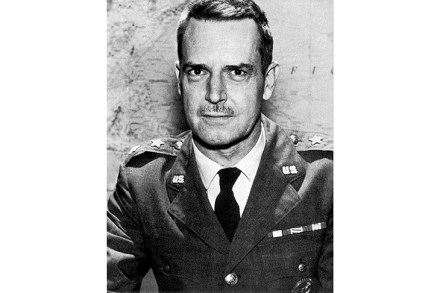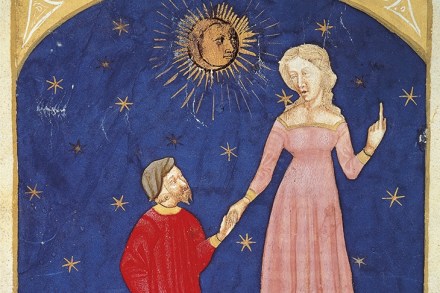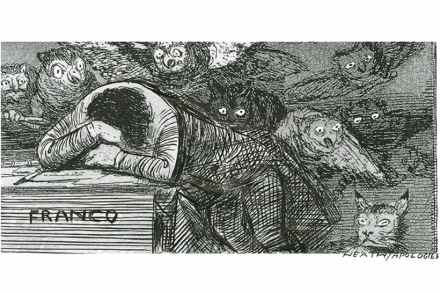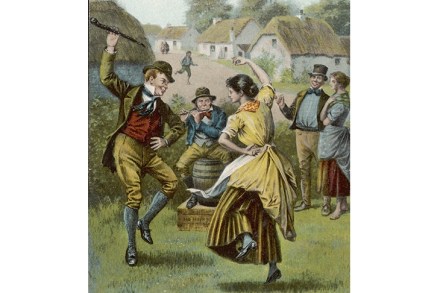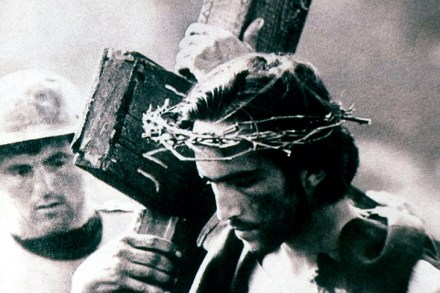My fight to stop the Chinese censors sanitising Dante
My book on Dante Alighieri was due to come out in Chinese translation later this year, but first I had to consent to sizeable cuts. Even by the standards of other authoritarian states the Beijing censors struck me as overzealous. It seems odd that the medieval Italian poet could cause such unease among modern-day totalitarians.


